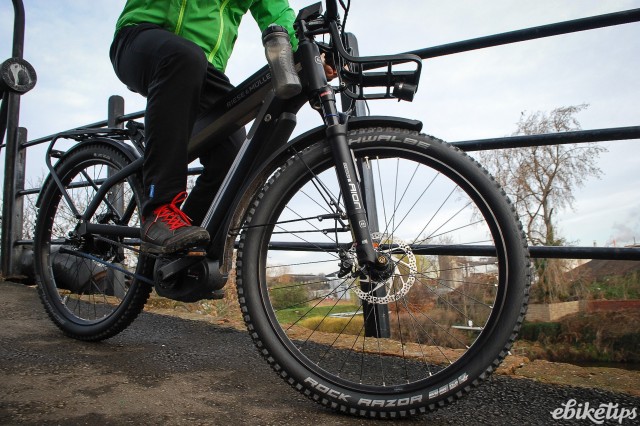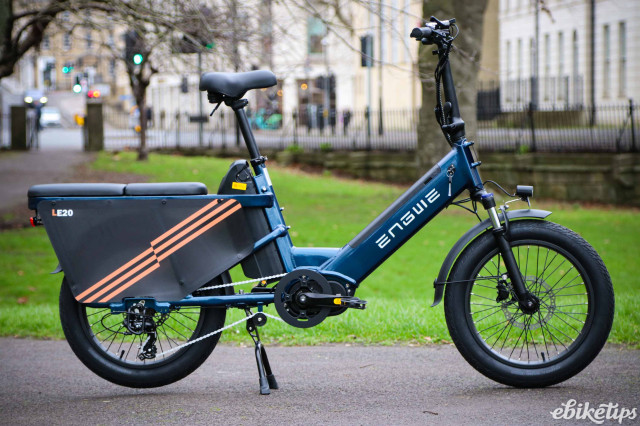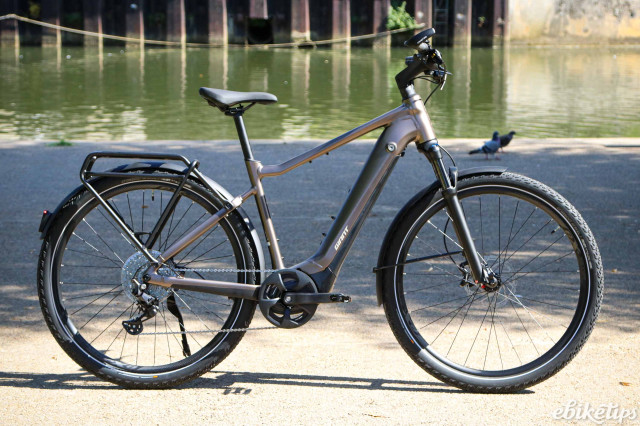E-scooter trials are underway in dozens of cities up and down the country, sales are booming… and a lot of people are worried. According to a recent survey conducted by personal injury lawyers The Compensation Experts, almost half of Brits (47%) don’t think that e-scooters are safe.
Whatever else it may be, the Daily Mail is a pretty good barometer of how a good chunk of society perceives certain things and e-scooters seem to have displaced bicycles as the newspaper’s least favourite form of transportation.
They’re new, they’re different; they’re affordable and environmentally-friendly – the distaste is not a big surprise.
The Mail’s position also reflects a certain nervousness about e-scooters that is fuelling – and also fuelled by – quite a lot of anecdotal human interest news stories about dangerous misbehaviour by e-scooter riders.
The Compensation Experts’ survey of 1,000 people seems to focus on these attitudes and concerns. Other headline findings were that 64% of respondents think you should have to take a test before you can ride an e-scooter and that 38% are worried that e-scooters will cause an increase in crime.
The first of those is easy to address because you pretty much do have to take a test at the minute. It is currently illegal to ride an e-scooter in a public place unless it is part of one of the government trials and these require users to have a driving licence (or at least a provisional one).
Concern about a particular form of transport causing an increase in crime is however a little harder to counter without the respondents showing us their workings-out so that we can see how they arrived at that conclusion.
What else? 74% of respondents think e-scooters should stay off pedestrian paths – which seems fair enough being as it’s illegal to use them there – while over half (55%) added that they would not feel safe walking down the high street with e-scooters.
70% of people also think there should be a speed limit for e-scooters.
Again, this doesn’t seem too great an issue.
The e-scooters available for hire in trials are physically restricted to 15.5mph in most places and to 12.5mph in London. Geo-fencing also allows for harsher restrictions in certain areas, like the 3mph limit mooted for Bournemouth prom.
The speed limit for privately-owned e-scooters is of course effectively 0mph because – as mentioned above – they are currently illegal.
This does however lead into a legitimate concern harboured by many. The survey found that 70% of Brits think e-scooters should be regulated by the government.
While ‘illegal to use in a public place’ does technically count as regulation, it is unarguable that there is widespread confusion resulting from the fact that e-scooters are nevertheless available to buy from major retailers.
When launching its first own-brand e-scooter earlier this year, Halfords called for public use of privately-owned e-scooters to be legalised. However, the government has postponed a decision on that pending the outcome of the three London trials.






